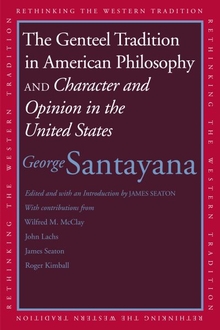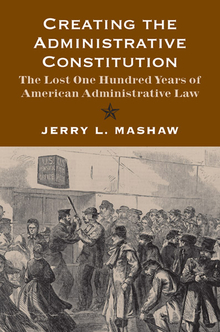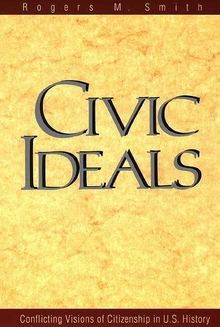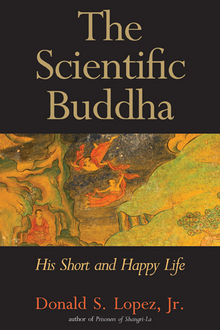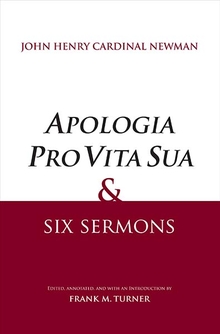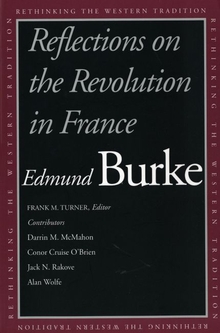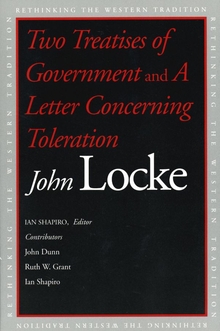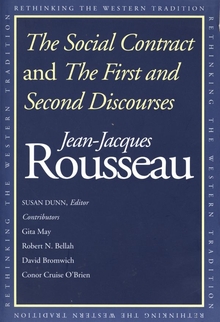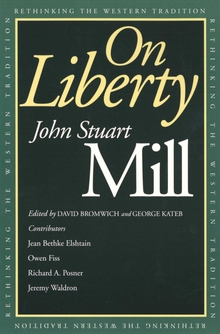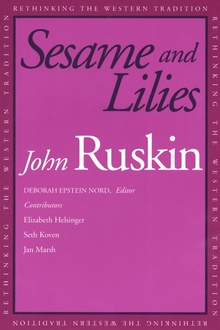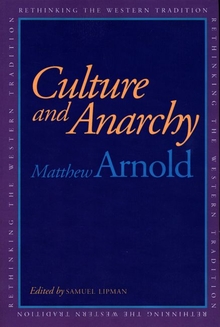The Genteel Tradition in American Philosophy and Character and Opinion in the United States
WARNING
You are viewing an older version of the Yalebooks website. Please visit out new website with more updated information and a better user experience: https://www.yalebooks.com
George Santayana; Edited and with an Introduction by James Seaton; With Essays by Wilfred M. McClay, John Lachs, James Seaton, and Roger Kimball
Visit the author's website at jamesseaton.com.
This book brings together two seminal works by George Santayana, one of the most significant philosophers of the twentieth century: Character and Opinion in the United States, which stands with Tocqueville’s Democracy in America as one the most insightful works of American cultural criticism ever written, and “The Genteel Tradition in American Philosophy,” a landmark text of both philosophical analysis and cultural criticism.
An introduction by James Seaton situates Santayana in the intellectual and cultural context of his own time. Four additional essays include John Lachs on the ways Santayana’s understanding of “the soul of America” help explain the relative peace among nationalities and ethnic groups in the United States; Wilfred M. McClay on Santayana’s life of the mind as it relates to dominant trends in American culture; Roger Kimball on Santayana’s “most uncommon benefice, common sense”; and James Seaton on Santayana’s distinction between “English liberty” and “fierce liberty.” All the essays serve to highlight the relevance of Santayana’s ideas to current issues in American culture, including education, immigration, and civil rights.
James Seaton is Professor of English at Michigan State University. His other books include Cultural Conservatism, Political Liberalism: From Criticism to Cultural Studies (Ann Arbor: University of Michigan Press 1996) and Beyond Cheering and Bashing: New Perspectives on The Closing of the American Mind (Bowling Green, Ohio: Bowling Green SU Popular Press, 1992), which he co-edited with William K. Buckley.
“Santayana’s comments on American culture include invaluable observations about the pressure to conform in democracies, the vitality and youthful outlook of American society, the importance of humor and the love of quantity in America . . . . A welcome and substantial contribution.”—John Paul Russo, University of Miami
“We need to retain Santayana in the intellectual history of the United States, not as a remote figure, but as a key observer of the American mind…For that very reason, this volume promises to serve an important purpose of preservation.”—Mark Bauerlein, Department of English, Emory University
Publication Date: October 27, 2009

